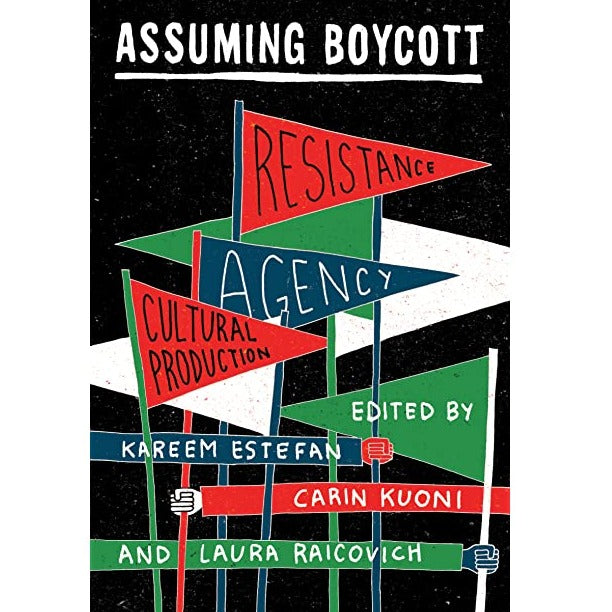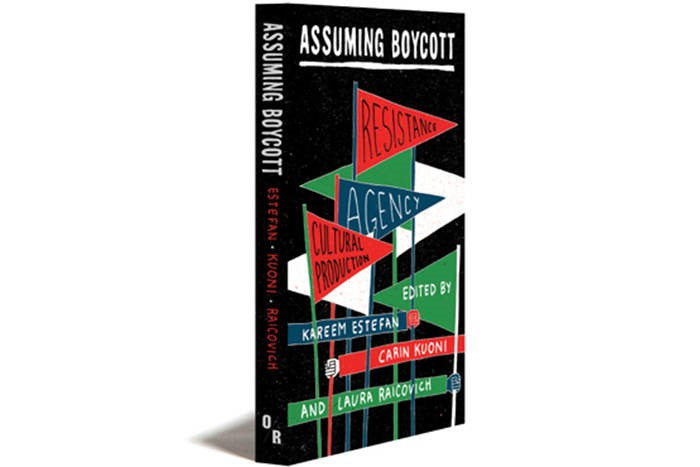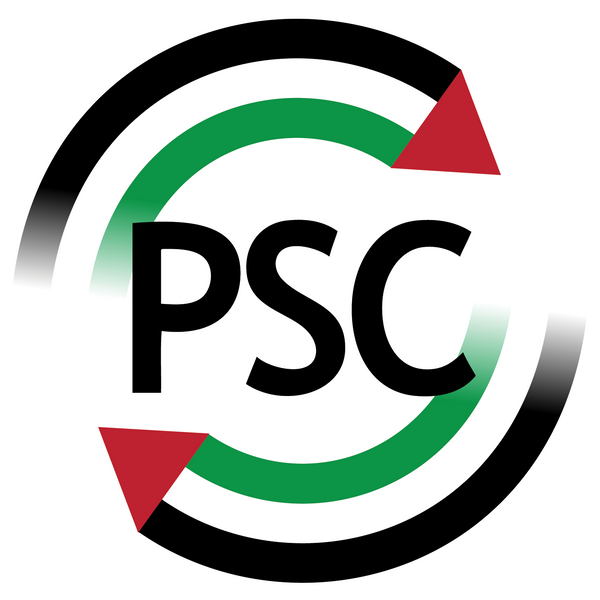Palestine Solidarity Campaign
Assuming Boycott: Resistance, Agency, and Cultural Production
Assuming Boycott: Resistance, Agency, and Cultural Production
Couldn't load pickup availability
Assuming Boycott: Resistance, Agency, and Cultural Production (OR Books, 2017)
Edited by Kareem Estefan, Carin Kuoni, and Laura Raicovich
Boycott and divestment are essential tools for activists around the globe. Today’s organizers target museums, universities, corporations, and governments to curtail unethical sources of profit, discriminatory practices, or human rights violations. They leverage cultural production – and challenge its institutional supports – helping transform situations in the name of social justice.
The refusal to participate in an oppressive system has long been one of the most powerful weapons in the organizer’s arsenal. Since the days of the 19th century Irish land wars, when Irish tenant farmers defied the actions of Captain Charles Boycott and English landlords, “boycott” has been a method that’s shown its effectiveness time and again. In the 20th century, it notably played central roles in the liberation of India and South Africa and the struggle for civil rights in the U.S.: the 1955 Montgomery bus boycott is generally seen as a turning point in the movement against segregation.
Assuming Boycott is the essential reader for today’s creative leaders and cultural practitioners, including original contributions by artists, scholars, activists, critics, curators and writers who examine the historical precedent of South Africa; the current cultural boycott of Israel; freedom of speech and self-censorship; and long-distance activism. Far from withdrawal or cynicism, boycott emerges as a productive tool of creative and productive engagement.
Including essays by Nasser Abourahme, Ariella Azoulay, Tania Bruguera, Noura Erakat, Kareem Estefan, Mariam Ghani with Haig Aivazian, Nathan Gray and Ahmet Öğüt, Chelsea Haines, Sean Jacobs, Yazan Khalili, Carin Kuoni and Laura Raicovich, Svetlana Mintcheva, Naeem Mohaiemen, Hlonipha Mokoena, John Peffer, Joshua Simon, Ann Laura Stoler, Radhika Subramaniam, Eyal Weizman and Kareem Estefan, and Frank B. Wilderson III.
Endorsements:
“Defiantly holds the best arguments regarding boycott. It shows that boycott is not only a form of sanctions but also an invitation to dialogue.”
– Galit Eilat, writer and curator, co-curator of 31st São Paulo Biennial
About the editors:
Kareem Estefan is an art critic, writer, editor, and doctoral candidate in Brown University’s Modern Culture and Media department, where he researches contemporary visual culture and the intersections of art, media, and politics, with a focus on the Middle East.
Carin Kuoni is a curator and editor whose work examines how contemporary artistic practices reflect and inform social, political and cultural conditions. She is Director/Curator of the Vera List Center for Art and Politics at The New School and teaches there. A founding member of the artists’ collective REPOhistory, Kuoni has curated and co-curated numerous transdisciplinary exhibitions, and edited and co-edited several books.
Laura Raicovich is President and Executive Director of The Queens Museum of the City of New York. A champion of socially engaged art practices that address the most pressing social, political, and ecological issues of our times, she has defined her career with artist-driven projects and programs.
Share




